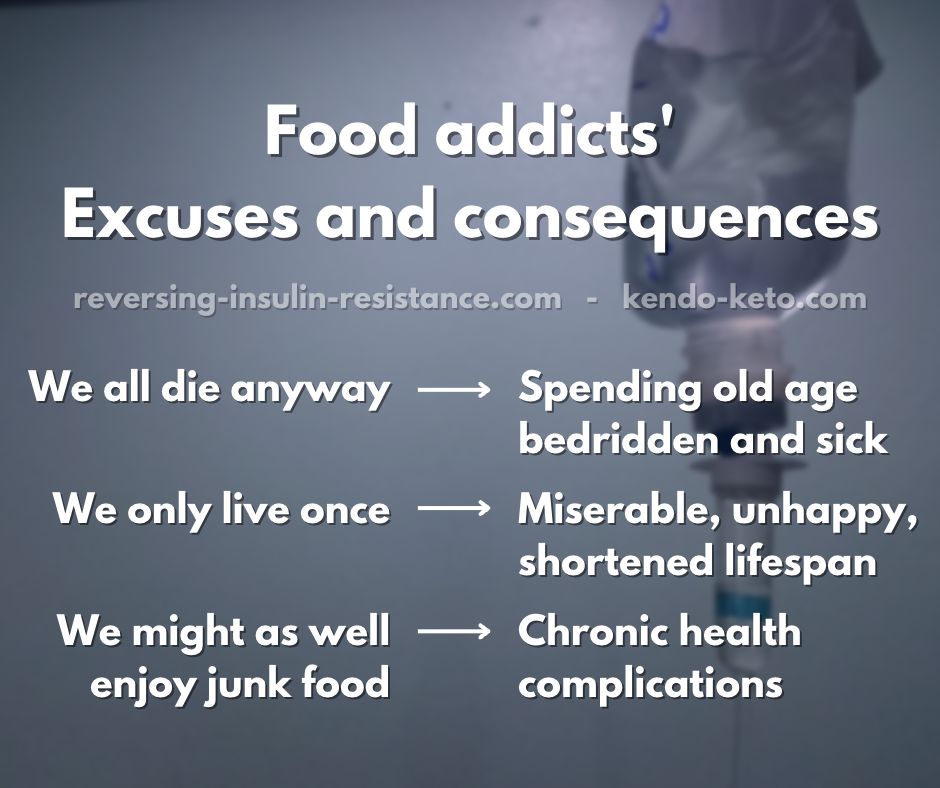Why Keto by Roxana Soetebeer

Blog image created with Canva
Why Keto?
The ketogenic diet, or keto, is a high-fat, low-carb diet.
A very similar diet was first mentioned by William Banding in 1863, who described it in his booklet called Letter on Corpulence. William Banting wrote it after he noticed that exercise and eating less were not giving him the desired weight loss results.
I hope this puts the myth at rest that keto is a fad.
Dr. Michael Eades MD says that meat has always been a part of our diet. The low-fat and plant-based diet movement completely dismisses that. We will do best on the diet that we evolved to eat. Early humans, Neanderthals and other humanoid species were not only carnivores, but they were also super carnivores, meaning they ate herbivores and carnivores. This is what we evolved to eat. Interestingly, when distinguishing between early hunter/gatherer and farmer populations, the farmers had sick and brittle bones and teeth showing severe nutritional deficiencies.
Whether or not the keto diet is too restrictive depends on individual perspectives and experiences.
Keto limits carbs with no allowance for grains and added sugar. Some people find that to be challenging and too restrictive. The consumption of certain foods, such as bread, pasta, sugar, and certain fruits, is off-limits, making it difficult for some people to stick to the diet.
I have followed keto for over three years because of its health benefits. I focus on healthy fats and animal-based protein. Instead of feeling restricted, I find the elimination of refined grains to be quite liberating. I noticed that restricting carbs significantly reduced cravings for sugary and processed foods, and the increase in healthy fats and protein leaves me satiated and happier in general.




- Improved blood sugar control: Keto improves blood sugar control by reducing carbs intake and increasing fat intake. This is especially beneficial for type 2 diabetics like me. Combined with daily intermittent fasting, it even allowed me to get off insulin and metformin. It also has the potential to fix other conditions related to insulin resistance (cardiovascular disease, kidney disease, hypertension, PCOS, ED, NADLD and NASH, mental disease and many more).
- Weight Loss: Keto has been shown to be effective for weight loss, with many people reporting significant reductions in body weight and body fat percentage. Reduced carbs intake turns on fat burning. After 30+ years of yoyo dieting, I dropped over 100 pounds.
- Increased Satiety: The high-fat, low-carb nature of keto triggers increased satiety and reduced cravings for sugary and processed foods. This makes it easier for people to stick to the diet and achieve their weight loss goals.
- Improved Brain Function: Keto has also been shown to improve brain function by increasing the availability of ketones, alternative energy sources for the brain. This can lead to improved memory, focus, and cognitive performance.
- Reduction in Inflammation: The keto diet has also been shown to have anti-inflammatory effects, which can reduce the risk of chronic diseases, such as heart disease, cancer, and autoimmune conditions.
If you want to try keto, join our Facebook Group. Read our blog on how to make keto a success.
Final thought: My goal is to live life to the fullest. That does not include cake, but health and happiness. I am keto for life. I will never return to the diet that made me sick and unhappy.
Written by Roxana Soetebeer
Published February 4th, 2023
Website: https://www.reversing-insulin-resistance.com
Coaching: https://www.kendo-keto.com
Twitter: Roxana
Facebook Group: https://www.facebook.com/groups/reversinginsulinresistance
Instagram: reversing_insulin_resistance
Tim Noakes, Jonno Proudfoot, Sally-Ann Creed

The Real Meal Revolution: The Radical, Sustainable Approach to Healthy Eating (Age of Legends)
Tim Noakes, Tamzyn Murphy, Neville Wellington, Hassina Kajee, Jayne Bullen, Sarah Rice, Candice Egnos

Ketogenic: The Science of Therapeutic Carbohydrate Restriction in Human Health

